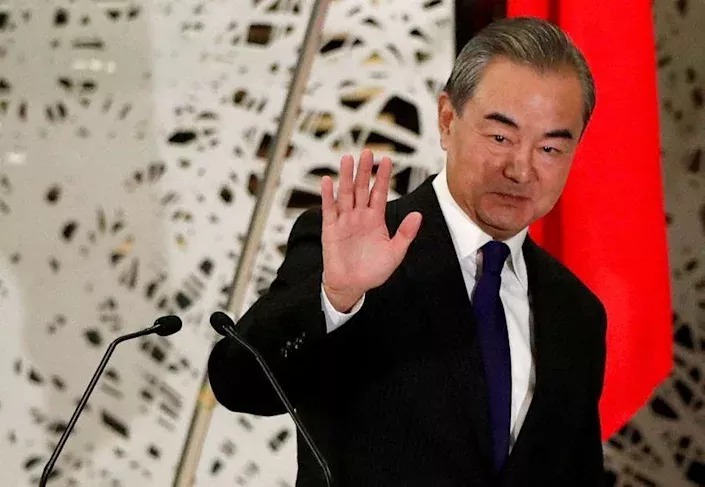On Wednesday, China's foreign minister began a visit to Kenya, where the government has relied on Chinese financing to create infrastructure but has been chastised for the debt burden that has resulted.
The visit by Wang Yi, who is also a state councillor, was termed as ‘historic’ by Kenya's foreign ministry. Security, health, climate change, and green technology transfer will be discussed, according to the statement, and new bilateral agreements will be inked.
After Eritrea and before the Comoros, Wang's African journey continues in Kenya. In November, Eritrea became a member of Chinese President Xi Jinping's Belt and Road Initiative (BRI), a long-term plan to fund and build infrastructure connecting China and the rest of the globe.
China has lent African countries billions of dollars as part of the BRI, including $5 billion for the construction of a modern railway from the Kenyan port of Mombasa.
That model has been evolving, partly under the strain of the COVID-19 pandemic and its economic fallout and partly because of a backlash from African critics against rising debt levels. China is shifting from hard infrastructure loans to efforts to boost trade.
Among critics of Kenya's reliance on Chinese funding is Kimani Ichung'wah, a ruling party lawmaker who has become a critic of the government.
‘It is a debt trap and they should start renegotiating,’ he told Reuters before Wang's visit, complaining that the interest rates on Chinese loans was exorbitant.
Ichung'wah is backing William Ruto, estranged deputy to President Uhuru Kenyatta, to take over the presidency in an election scheduled for August, and said that if Ruto won his government would seek new terms for the loan repayments.
Eritrea, one of the poorest and most isolated nations in the world, is involved in the conflict in Tigray in northern Ethiopia that has destabilised the Horn of Africa region.
Lina Benabdallah, an expert on China-Africa relations at Wake Forest University in the United States, said Wang's visit signalled Beijing's interest in restoring stability to the Horn and in improving access to Africa via Eritrea's Red Sea ports.
Peter Kagwanja, a professor of international relations at the University of Nairobi, said the Comoros stop was also likely linked to trade interests. The Indian Ocean archipelago sits on the rim of a maritime trade route known in China as the Maritime Silk Road and considered strategically important by Beijing,




